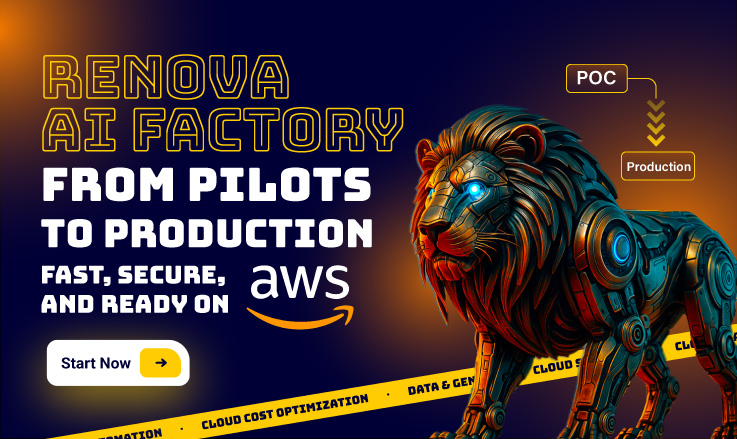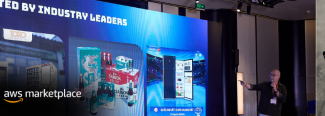
DevOps Productivity: Have We Reached its Limits?

Binh Nguyen
Head of DevOps
When we think DevOps we think speed, agility, innovation, and technical excellence. But DevOps productivity is another driving force that has led to its massive popularity. IT organizations were tired of the silos (and sometimes even power struggles) between developers and operations. They resulted in wasted time, lack of ownership, and sub-par technology.
But while DevOps has led to increased innovation as well as smoother, less interrupted workflows, one thing still stands in the way of experiencing the full potential of DevOps productivity. And that’s cloud management.
Now that DevOps and the cloud have practically become synonymous, DevOps are running into challenges that impair their productivity and agility. We’ll delve into some of these below.
Cloud Monitoring And Optimization Challenges
Simply put, continuously monitoring and optimizing cloud environments is humanly impossible. DevOps are required to constantly perform menial tasks and babysit their cloud infrastructure in order to predict future scale, analyze usage in real-time, and manage dynamic environments. Some of the problems they run into include:
Too many data points to analyze

Managing the cloud requires DevOps engineers to leverage real-time data on current usage patterns as well as future predictions to account for scale. These predictions need to be 100% accurate far in advance. Needless to say, 100% accurate predictions are impossible when dealing with dynamic environments, a fluctuating customer base, and the implementation of new technologies.
In addition, in order to take action in real-time, DevOps engineers constantly need to have their eye on their current cloud usage to accommodate changes in capacity needs. This means they need to be on watch 24/7 to receive alerts from their monitoring tools. As a result, it’s easy for ‘alert fatigue to set in, which can make them filter out these notifications altogether. Lastly, all this data is overwhelming and tedious to manage, requiring constant analysis on spreadsheets and endless calculations.
Too many decisions to make in real-time

Let’s say your DevOps engineers are able to collect this data easily and accurately. Now they have to make split second decisions about what that data means and the best way to move forward. For example, say your application scales up significantly–what are the best instances to accommodate this scale? Figuring this out takes time, effort, and manual calculation. And this time can surely be better spent on implementing new technologies, developing new features, or improving processes.
Too many menial and repetitive tasks

What do most DevOps engineers love about their job? The ability to innovate–to be a part of building valuable technologies, to contribute to their favorite open source projects, and of course, the opportunity to solve complex problems. What do they hate? Wasting time on repetitive tasks, fixing broken systems, and doing grunt work that could easily be automated. Unfortunately, managing the cloud involves way too much of the latter.
For example, say your EBS disk is about to reach its limit. An alert goes out in the middle of the night and whichever DevOps engineer is on call will have to get out of bed and manually expand your EBS disk in order to prevent application failure. Same happens with EC2. If you want to optimize costs as you scale up and down, DevOps engineers will need to continuously buy and sell commitments or configure their application to run on a Spot Instance. There’s simply no way to win.
Powering DevOps Productivity with AI Automation
As we have established, DevOps are not babysitters. They are highly qualified and talented engineers who thrive by building new and innovative technologies. The grunt work of cloud management therefore, is often seen as an obstacle to DevOps productivity as it requires constant monitoring, configuration, and adjustments. It doesn’t help that much of this work is impossible to do 100% effectively.
Thankfully, There Is A Better Way.
AI automation is perfectly suited to handle repetitive, routine tasks such as analyzing real-time data, predicting future scale, adjusting
infrastructure to accommodate changes in requirements, and more. Plus it can do all of this with perfect accuracy. DevOps cannot be as productive as they want if they are constantly putting out fires in their cloud infrastructure. But by automating the tasks they don’t like doing anyway, your cloud stays fully optimized while your DevOps engineers are able to work more efficiently on what they enjoy most.
Want to learn more about how Renovisor’s AI automation enables DevOps to offload cloud management? Chat with one of our cloud experts to learn now!



